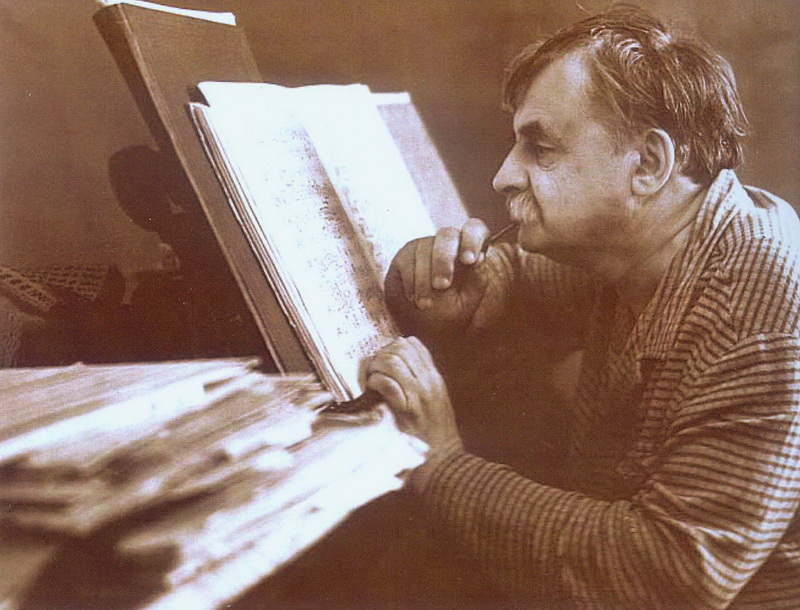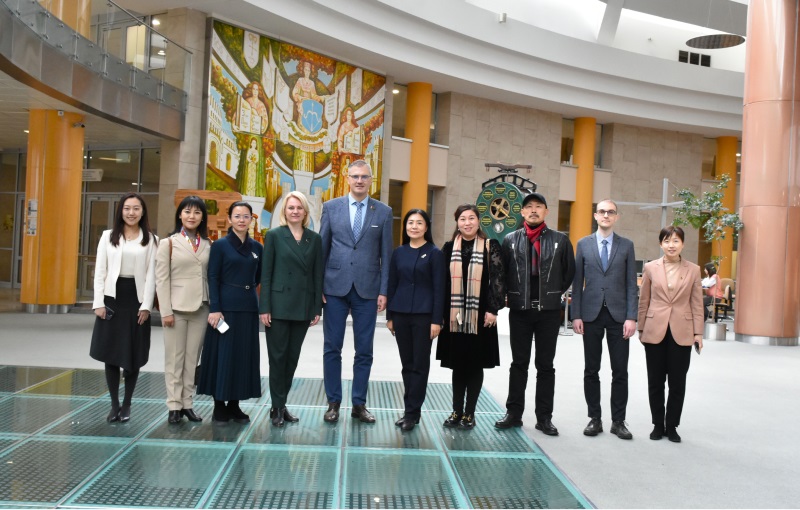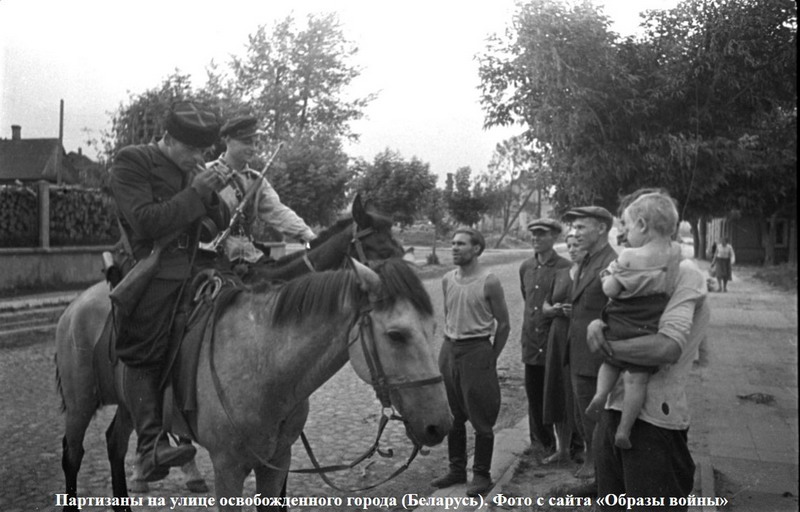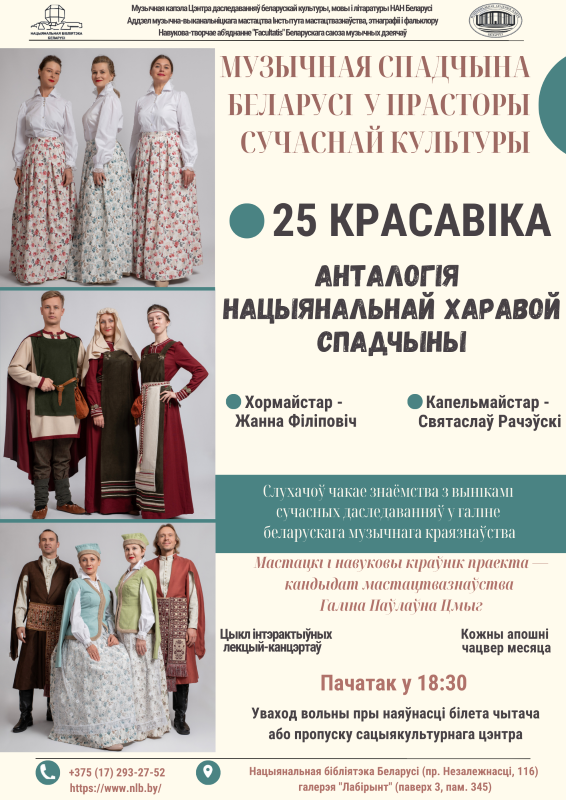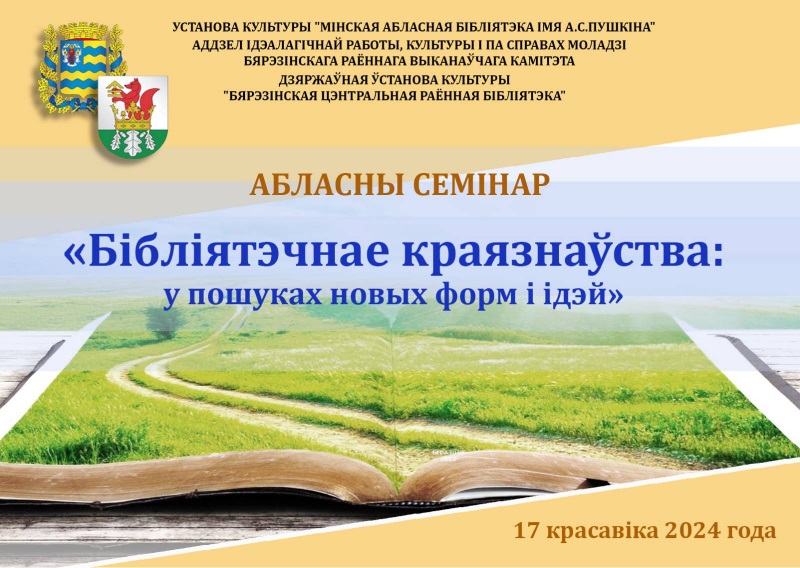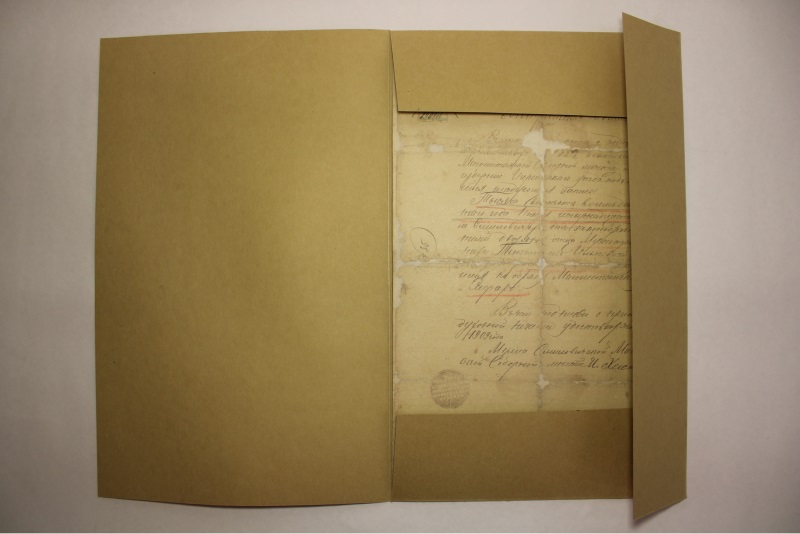December 21 marks the 130th anniversary of the oldest Belarusian composer, Mikalaj Aladaw. A man of broad humanitarian knowledge and artistic interests, a teacher and a scientist, he left a legacy, many genre and style features of which have defined the way the national music was developing in the twentieth century.
Mikalaj Aladaw was born in St. Petersburg on December 21, 1890, in the family of a civil servant. At the age of nine, the boy began to learn music, and two years later tried his hand at composition. His teacher, composer and ethnographer Jakaw Prokharaw, played a big role in developing his musical tastes and inclinations, as well as professional technical skills. Thanks to his lessons, the young man passed examinations without attending lectures in 1910 for the full course of the Faculty of Composition of the St. Petersburg Conservatory. Having completed his studies, the young musician worked as a private music teacher, accompanied solo and ensemble performances. After the events of 1917, he became a teacher in the working school of Petrograd.
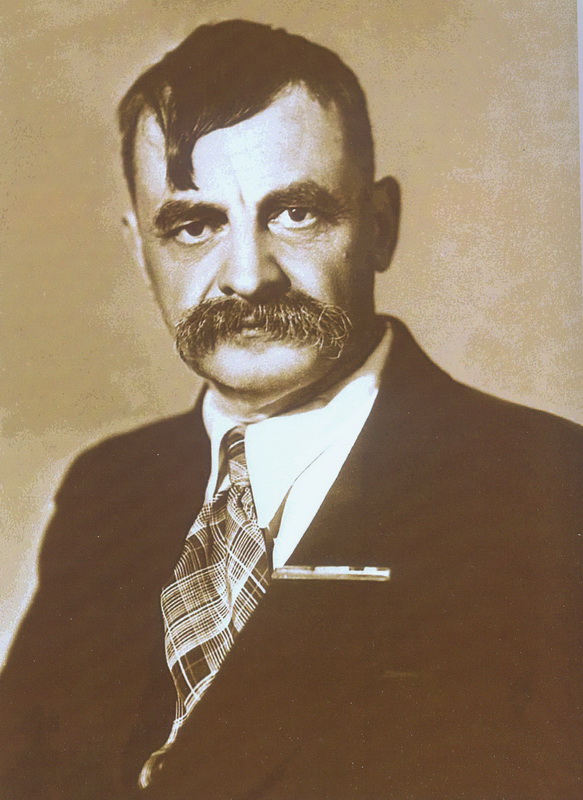
Two years later the young composer moved to Kazan, where he lived and worked for four years. At first, he worked as a musical instructor of the Kazan Union of Cooperators club, then as a pianist in the Theatre of Skits, a singing teacher in an orphanage. In 1922, M. Aladaw got a job as a teacher at the ethnographic faculty of the Eastern Conservatory, where studies of Chuvash and Mari folk songs were conducted. Here, in addition to composing, he was engaged in scientific work to preserve the art of the small peoples of the Volga region.
Due to his success in scientific activity, Aladaw was invited to work at the Moscow State Institute of Musical Science in 1923. Here he became a member of the Belarusian Song Commission, which was to process and present to a wide audience the best samples of Belarusian folk songs.
In 1924, M. Aladaw was invited to teach at the Belarusian State Music College (now Minsk State Musical College named after Michail Glinka). Since then, Belarus became for Mikalaj the second home. The composer went down in the history of the Belarusian musical culture development as one of the organizers of professional music education in the BSSR. In college, he taught music theory, and later he headed the Teaching Department. Since 1932, he continued his pedagogical activities at the Belarusian State Conservatory.
During the Great Patriotic War, M Aladaw was evacuated to Saratov, where he continued to teach music at the local conservatory. However, even the harsh conditions could not stop the inspiration of the master. Here he created a dramatic symphony-ballad "During Harsh Days", a symphonic poem "From the Diary of a Partisan", various songs and romances. Returning to the liberated capital in 1944, he was appointed director of the Belarusian State Conservatory, which he headed until 1948.
During his pedagogical career, Aladaw brought up many famous musicians. His students and listeners were well-known composers A. Bagatyrow, I. Kuzniatsow, V. Alownikaw, etc.
The composer combined teaching in the conservatory with various artistic activities. He is one of the founders of the symphonic, chamber-instrumental, chamber-vocal, cantat, choral genres of Belarusian music. The composer knew Belarusian folklore well, masterfully processed it, giving a new sound (experts note the use of folk-song intonations in the theme of fugues and other polyphonic forms). The opera "Taras on Parnassus" (1927), based on the Belarusian anonymous poems "Taras on Parnassus", "Eneida Navyvarat" and the poem "Gapon" by V. Dunin-Martsinkiewich, stands out with its original decisions.
The composer's artistic path lasted for more than 60 years. His pieces boast of symphonic thinking, the widespread use of polyphony, program orientation, national identity. The desire to comprehend and convey modern reality in musical images has determined the main vector of the master's art. For example, the opera "Andrej Kastienia" (1947, staged in 1970), written to P. Glebka libretto, is devoted to the theme of the partisan fight during the Great Patriotic War. Written 10 symphonies are a kind of encyclopaedia of the Soviet period, where significant events in the life of the people and reality in its various manifestations found artistic output. Musical images are dynamic, distinguished by harmonious sharpness and sound colour brilliance. The composer wrote over 30 symphonic pieces: fantasy suites, symphonies, suites, overtures, poems, variations. He was the author of operas, cantatas, vocal cycles based on the poems of Belarusian poets.
Simultaneously with the artistic and pedagogical activities, M. Aladaw did a lot of social work. Since 1932, he was a member of the Union of Composers of the BSSR, since the mid-1930s. – a member of its Board, and in 1949-1950, was the chairperson of the Board. The composer was awarded two Orders of the Red Banner of Labour (1944, 1970), the Order of the Badge of Honour (1948) and medals. In 1955, he was awarded the honorary title of People's Artist of the BSSR. Minsk Music School No. 2 bears the name of M. Aladaw. A memorial plaque is installed on the house where the composer lived. One of the streets of Minsk is named after him and his wife, art critic A. Aladava. In 1981, the film “The Elder of the Belarusian Music” was made.
Information about the composer's pieces, as well as the literature dedicated to him, can be found in the E-catalogue of the Library, biographical materials – in the online encyclopaedia “Belarus in Persons and Events” and the National Database of Authoritative / Regulatory Records.
Bibliology Research Department

